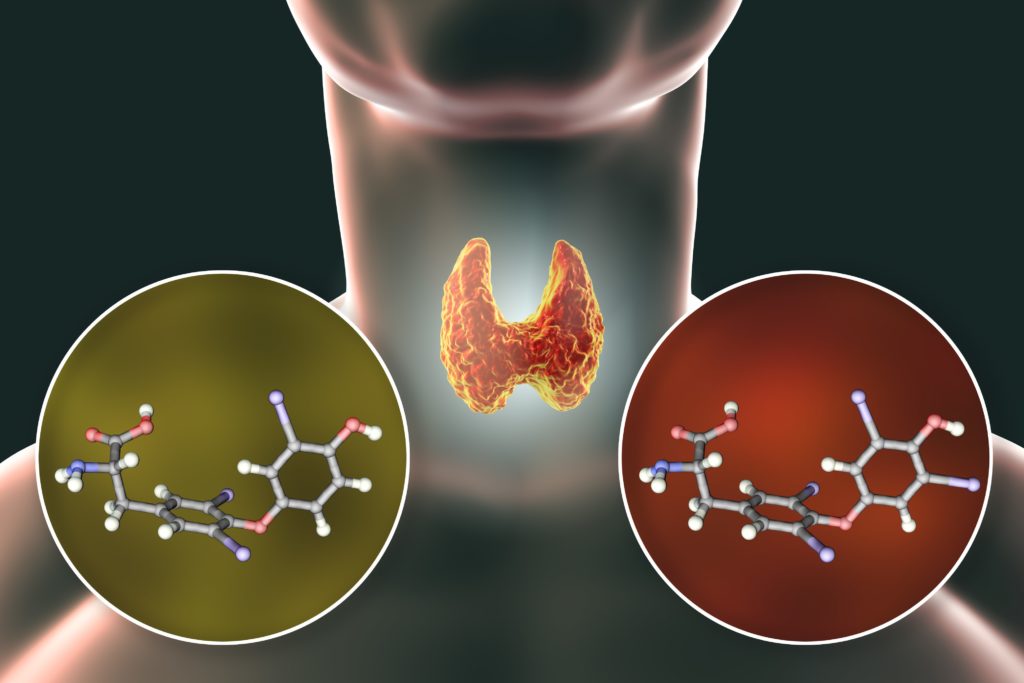Unknown thick-maker discovered: By these chemicals in the food, our metabolism will be disturbed significantly
How endocrine disruptors affect our hormone balance
In a large EU-research project studied a group of chemicals that are suspected to influence the metabolism of the person is negative. There are numerous indications that so-called endocrine disruptors weight gain as well as metabolic disorders such as fatty liver, high blood promote fat levels, and Diabetes. As endocrine disruptors chemicals or mixtures of chemicals are referred to, the hormone-controlled disturb the signal paths.
In January 2019, the launch of the Europe-wide research fell EDCMET project. Researchers want to investigate in the project, the effect of endocrine disruptors on the metabolism. The world health organization, WHO, warns that since the year 2002 in the report “Global Assessment of the State-of-the-Science of Endocrine Disruptors” in front of these common chemicals, which we absorb constantly about food and care products.

The hormones of the body regulate many functions
Hormones are usually used by people and other organisms as signal molecules, which are usually transported via the blood throughout the body certain reactions. You regulate the development, growth, reproduction, and behavior of humans and animals.
How do endocrine disruptors in this natural process?
Certain chemical is similar in chemical structure to the natural hormones. These enter the body, they can be mistaken for natural hormones. This can lead to a whole series of consequences:
- The effect of the body’s own hormones can be weakened or strengthened.
- The production of certain hormones can excessively be increased or decreased.
- The transport routes in the blood can be disturbed.
- Enzymes for the regulation of a natural hormone balance can be inhibited.
- The removal of hormones can be out of balance.
- The natural metabolism can be disturbed.
How can endocrine disruptors in the body?
Endocrine disruptors are used in the production of many synthetic materials. Also in the food and toiletries industry, they are often used to make plastic boxes, plastic bottles, Tetra packs and cans. In pesticides, they are also used to enter soil and water. According to the WHO, the chemical are most likely to enter by food and drinking liquids in the body, which were previously kept in plastic, or with pesticides have come into contact. Also, the skin contact they can be included, for example, personal care products or industrial cleaning agent.
Definitive proof should be provided
Although endocrine disruptors are associated with a variety of negative effects in combination is missing, according to the Federal Institute for risk assessment (BfR) the clear scientific evidence of whether and how these hormone-imitating chemicals that intervene in the metabolism. Consequently, there is currently no validated methods for the assessment of its metabolic effect.
New routine testing for chemicals
In the framework of the project, the researchers will examine how the chemicals in the fat and energy metabolism interact in the liver cells. Within this study, a new routine method for the testing of chemicals, in order to prevent further endocrine disruptors to come into circulation.
